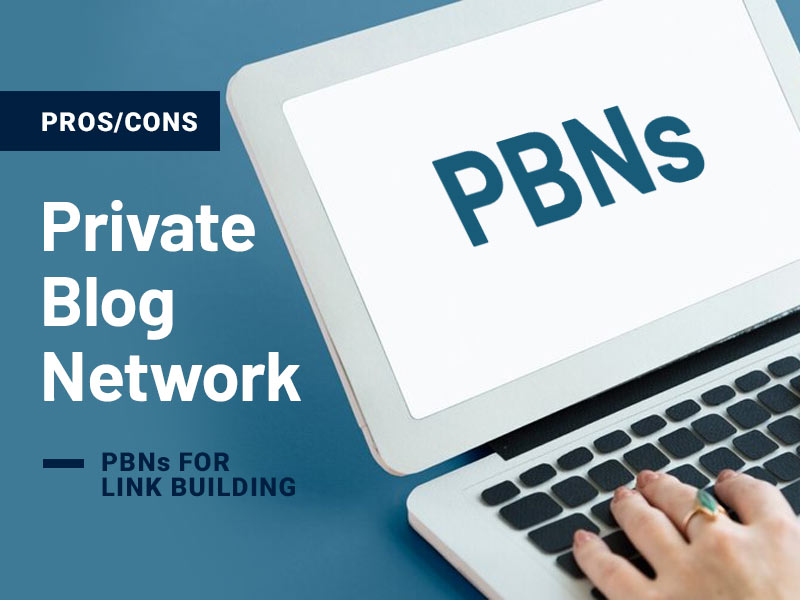In the ever-evolving world of digital marketing, search engine optimization (SEO) plays a pivotal role in determining a website’s visibility and success. Among the various facets of SEO, link building stands out as a crucial strategy that can significantly impact a site’s ranking on search engine results pages (SERPs). However, achieving success in link building is not a mere matter of acquiring numerous backlinks; it requires a well-structured approach and careful measurement of results.
Understanding the Importance of Link Building
Before delving into the metrics used to measure link building success, it’s crucial to understand why link building is such a vital component of SEO. In essence, search engines like Google view backlinks as votes of confidence from other websites. The more high-quality and relevant backlinks a website has, the more credible and authoritative it appears in the eyes of search engines. Consequently, this boosts the website’s chances of ranking higher in search results, driving organic traffic, and ultimately, increasing conversions.
Key Metrics for Measuring Link Building Success
Whether you choose to hire a link building service or do it yourself, you need to understand the key metrics for measuring success. They include:
Backlink Quantity
The number of backlinks a website has is one of the most straightforward metrics for measuring link building success. It provides a basic indication of how successful your link-building efforts have been. However, it’s essential to remember that quantity alone does not guarantee success. Quality plays a crucial role.
Backlink Quality
Quality trumps quantity when it comes to link building. Not all backlinks are created equal, and search engines are discerning about the websites they consider authoritative. High-quality backlinks come from reputable, relevant websites with strong domain authority. Measuring the quality of your backlinks is essential, as a few high-quality backlinks can have a more significant impact than numerous low-quality ones.
Link Diversity
A diverse backlink profile is a positive indicator of link building success. Diversity refers to the different sources and types of backlinks pointing to your website. A well-rounded backlink profile includes links from various domains, industries, and types of websites, such as blogs, news articles, and social media. A diverse profile signals to search engines that your website is valuable and relevant across different contexts.
Anchor Text Analysis
Anchor text is the clickable text within a hyperlink. Analyzing anchor text is crucial for understanding the relevance of the backlinks pointing to your site. Ideally, anchor text should be relevant to the content it links to and contain relevant keywords. Over-optimization of anchor text with exact match keywords can be a red flag to search engines and may lead to penalties.
Traffic and Conversion Rates
Ultimately, the success of link building should translate into increased website traffic and improved conversion rates. Monitoring traffic from referral sources and tracking conversions from visitors who arrived through backlinks can provide valuable insights into the effectiveness of your link building efforts.
The Importance of Regular Monitoring and Adaptation
Measuring link building success is not a one-time task but an ongoing process. SEO is a dynamic field, and the digital landscape is constantly changing. Search engine algorithms evolve, and competitors may be vying for the same backlinks. Regularly monitoring your link-building metrics and adapting your strategy accordingly is essential for long-term success.
The Role of Content in Link Building
In the pursuit of link building success, content creation plays an indispensable role. High-quality, valuable, and relevant content serves as the foundation upon which backlinks are built. When your website offers content that is genuinely informative, engaging, or entertaining, it becomes more likely that other websites will want to link to it as a resource. This is often referred to as “link-worthy” content. Therefore, it’s not only about actively seeking backlinks but also about creating content that naturally attracts them.
Competitor Analysis and Benchmarking
To gauge the effectiveness of your link building efforts, it’s essential to keep an eye on your competitors. Conducting competitor analysis allows you to see where your website stands in comparison to others in your niche. You can identify which websites are linking to your competitors and seek similar opportunities for your own site. Benchmarking against competitors can help you set realistic goals and understand what it takes to outperform them in terms of backlinks and SEO rankings.
Link Building as a Long-term Strategy
It’s crucial to view link building as a long-term strategy rather than a quick fix. Building a strong and reputable backlink profile takes time and persistence. Rushing to acquire backlinks without considering quality and relevance can lead to negative consequences, such as penalties from search engines. Instead, focus on sustainable link building practices that prioritize quality, diversity, and natural growth. Over time, as your website gains authority and trustworthiness, the benefits of successful link building will become increasingly apparent in improved search engine rankings and organic traffic.
Measuring Your Success in Link Building
In the world of SEO, link building remains a cornerstone strategy for improving a website’s visibility and authority. Measuring link building success involves assessing metrics such as backlink quantity, quality, diversity, anchor text analysis, and the impact on website traffic and conversions. While these metrics provide valuable insights, it’s important to remember that link building is not a one-time task; it requires ongoing monitoring and adaptation to stay competitive in the ever-changing digital landscape. By focusing on both the quantity and quality of backlinks and maintaining a diverse, relevant backlink profile, businesses and website owners can achieve sustainable success in their SEO endeavors. So, whether you’re a seasoned SEO professional or just starting, remember that measuring link building success is a crucial step towards climbing the ranks of search engine results and reaching your online goals.







